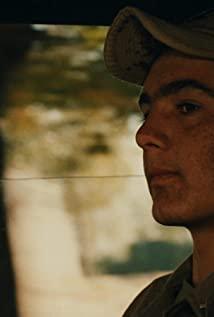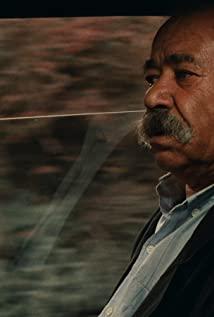At first, Barty was driving around in his car and didn't understand what he was going to do. It wasn't until later, during a conversation with the soldiers, that he knew that he was going to commit suicide. His all is to prepare for death. Buried under a tree, you can make tree fertilizer yourself. The soldier didn't want to cause trouble, the priest behind was puzzled, and the old man at the end was exhorting. Life and death are connected by cherries and sand. Barty has been driving on the dirt road in the mountains to find his trader. On this road rising from the barren sand, it is the mulberry fruit (the problem of translation? It should be cherries) that has never appeared in the camera. It has changed him. the purpose. Cherries are the fruit of hilarity, as the old man's tale showed, less bitter and sweet to the soul.
The interior of the car is an isolated space and a space for trying to understand, as if we live in space. Barty talks to himself, but the young soldier does not respond; the seminary bachelor gets in the car, and the conversation between the two is always at odds; in the end, the old man finally makes a deal with him, but Barty wants to ask for a definite answer, and once did not succeed. What Barty felt should be the same as the scene when he saw the bulldozer pour the soil into the sand pile: the dust rose, filled the air, enveloped him, and covered his body on the screen. He was puzzled. So the space inside the car has hardly reached an understanding.
In addition, I noticed that the window glass of the car window, almost every time, half of the window glass will cut the face of the person in the seat in two, which is very interesting, but I don't understand what it means.
The second time I watched the movie, I was also full of anxiety. Worse than the first time, it comes from my current state, but I don't know what it is. I read what some people said about this film, to the effect that it is about an understanding that cannot be reached between people, because the characters are hardly in the same frame. My anxiety is the same. I'm not saying that people don't understand me, I've never looked so high on myself, I'm saying that I feel helpless in the company of that sudden and restless unknown.
I would like to understand the suicide in the play as your judgment on the existing state: throw it away, change it, leave it, and go after the cherry. Although it does not match the logic of the film, I still like to understand it this way.
View more about Taste of Cherry reviews











